DNVN - Mr. Le Hoang Chau - Chairman of the Ho Chi Minh City Real Estate Association (HoREA) proposed that boarding houses should be recognized as social housing. This recognition will create conditions for boarding house owners to enjoy preferential policies on credit and taxes.
According to HoREA’s report, in the past 30 years, the long-term rental housing business has developed on a very large scale. It includes concentrated boarding houses with many rooms for rent or in houses, apartments of individuals and households with some rooms reserved for long-term rental.
These landlords are the main force, contributing to solving the huge housing rental demand of society. Tenants are very diverse, including workers, civil servants, students, low-income urban people, and immigrants.
Typically, in Ho Chi Minh City, there are about 60,470 people running long-term rental rooms with a total of 560,000 rooms, providing rental accommodation for 1.4 million people. Of which, there are 34,800 concentrated boarding houses with more than 357,000 rooms, providing rental accommodation for 943,341 people. There are nearly 203,000 apartments with some rooms for rent, providing rental accommodation for 486,726 people.
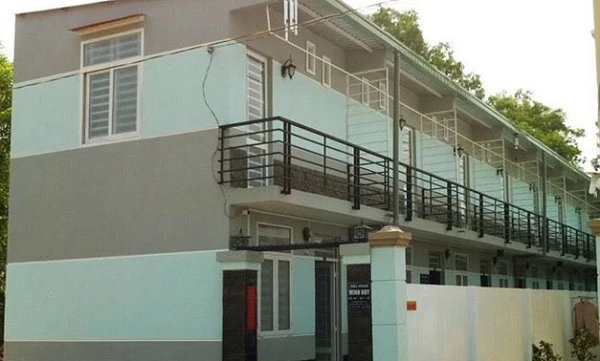
Long-term rental house owners with annual revenue of VND100 million or more currently have to pay a "lump sum" tax equal to 7% of revenue from long-term accommodation services.
The concentrated boarding house area is usually a single house with an entrance (a common alley) with 2 rows of boarding rooms on both sides and the boarding house owner is usually at the beginning of the alley and sells groceries, coffee, and food. There is a special concentrated boarding house area that is an apartment building, typically an individual has invested in building 2 5-storey buildings with 310 boarding rooms for rent with an area of 19m2 for 2 tenants in An Lac ward, Binh Tan district, Ho Chi Minh City.
Currently, all long-term rental house owners with annual revenue of VND100 million or more must pay a “fixed” tax of 7% of their revenue from long-term accommodation services. This 7% includes 5% value-added tax and 2% personal income tax, similar to mini-hotel owners who also pay a “fixed” tax of 7% of their revenue from short-term accommodation services (by day, by hour). HoREA affirms that this regulation is unreasonable.
Mr. Le Hoang Chau - Chairman of HoREA said that if long-term rental houses are recognized as a type of social housing, landlords will enjoy preferential policies on credit and tax such as a 50% reduction in value added tax and personal income tax for social housing.
“In this case, the owner of a long-term rental house only has to pay a lump-sum tax of 3.5% of revenue instead of the current 7% of revenue and can also borrow preferential credit to build, renovate or repair the house for rent,” said Mr. Chau.
But for many years, long-term rental housing has not been recognized as a type of social housing and these landlords have not enjoyed any support policies according to resolutions of the National Assembly and the Government.
Landlords who meet the criteria for social housing are individual houses. They use their land use rights to build or renovate and repair houses for themselves so that beneficiaries of social housing support policies can rent them and tenants are both "subjects eligible for social housing support policies".
“Therefore, it is necessary to supplement Decree No. 100/2024/ND-CP dated July 26, 2024, which stipulates that long-term rental houses are recognized as a form of social housing so that landlords are treated similarly to investors in social housing projects and enjoy preferential policies on credit and taxes,” Mr. Chau suggested.
Hoai Anh
Source: https://doanhnghiepvn.vn/kinh-te/bat-dong-san/can-cong-nhan-nha-tro-la-nha-o-xa-hoi-de-huong-chinh-sach-uu-dai/20240824092728168



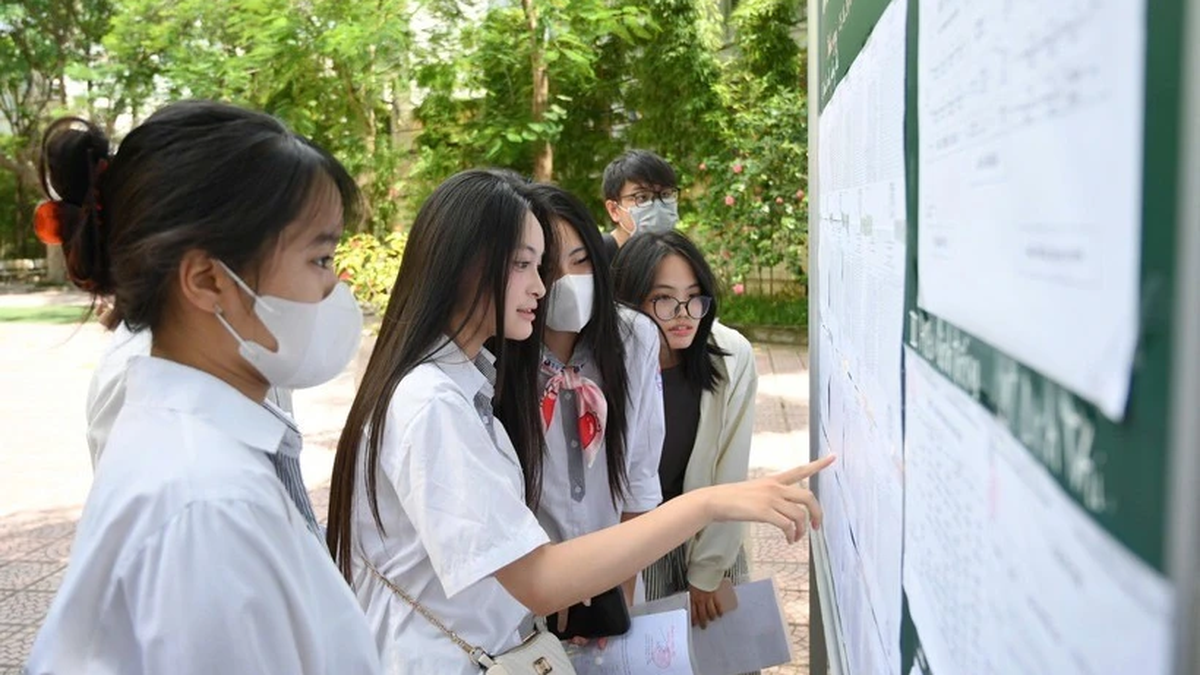
































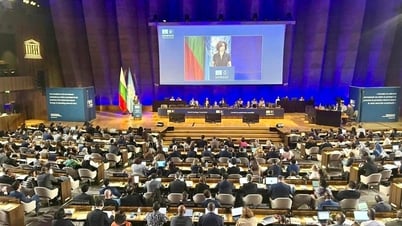





















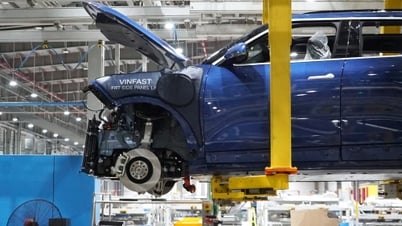



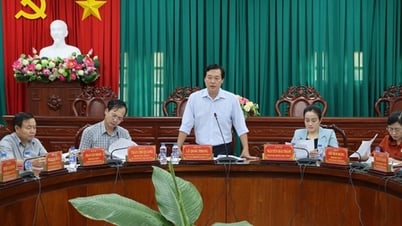


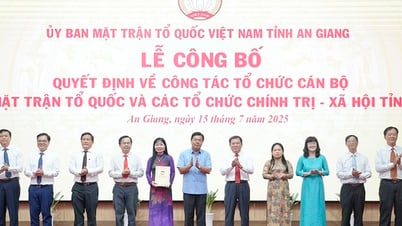


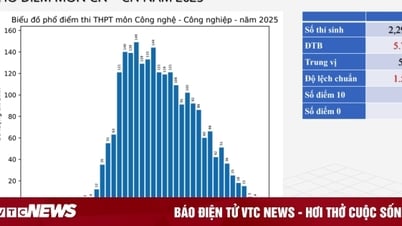





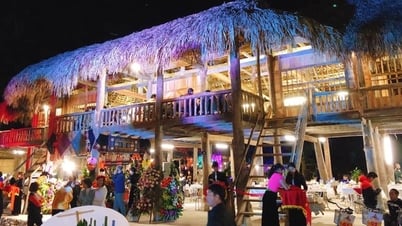

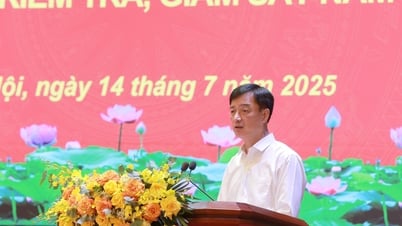
























Comment (0)